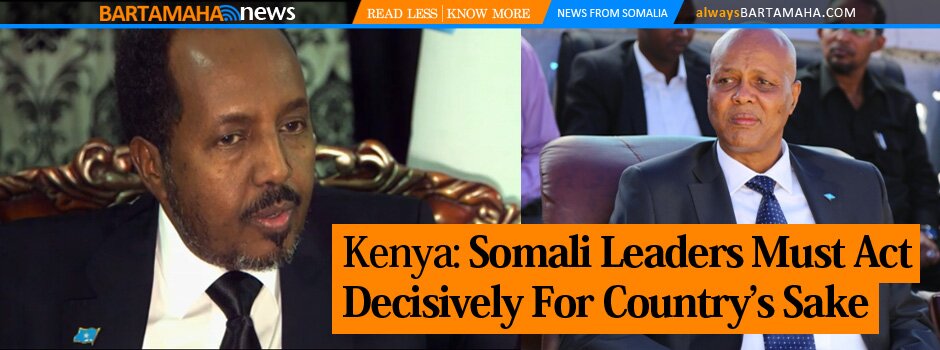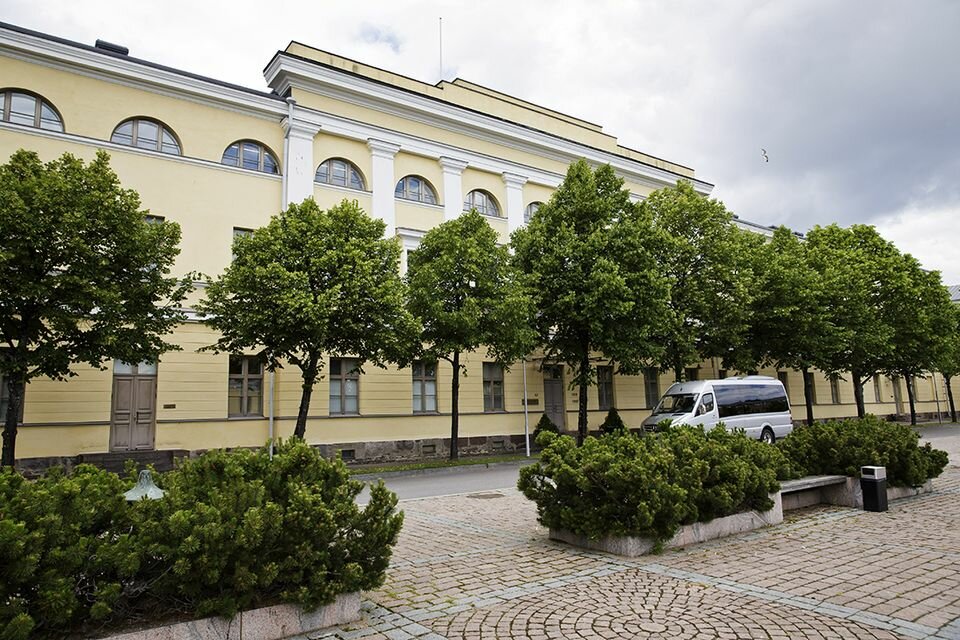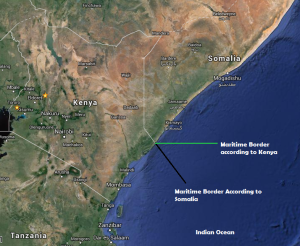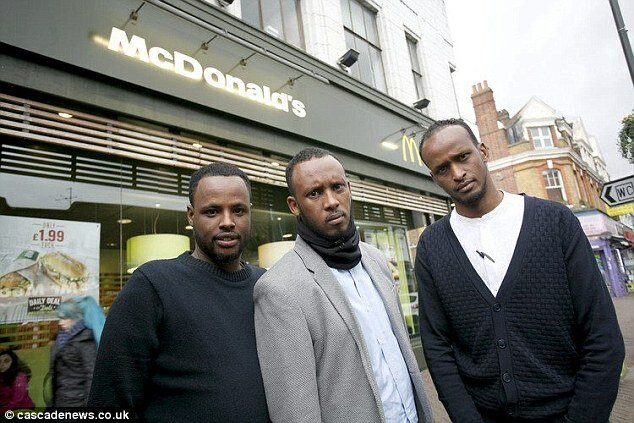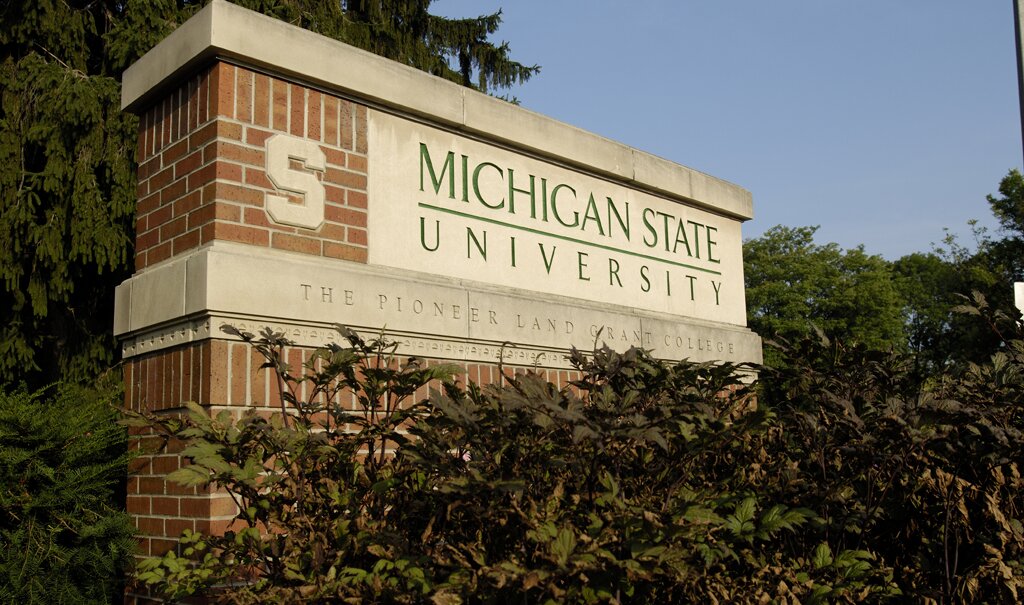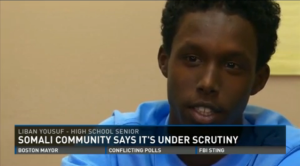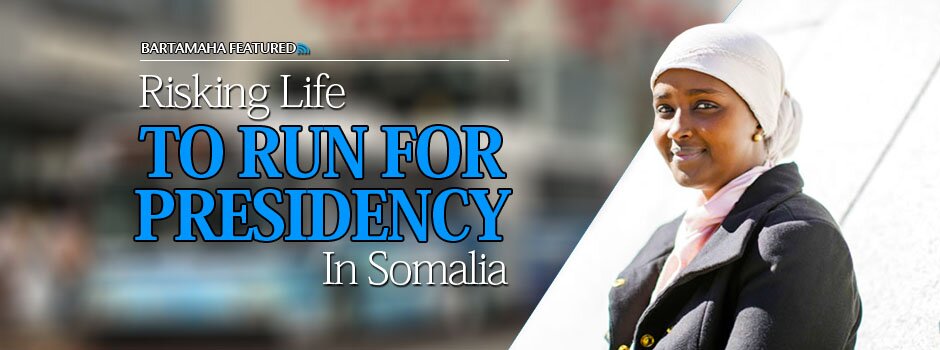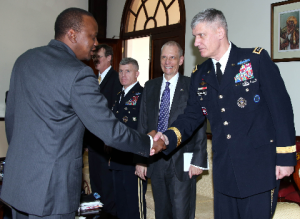Somalis, FBI in other U.S. cities on alert for terrorist recruiting
By JAMES WALSH and RICHARD MERYHEW, Star Tribune staff writers
COLUMBUS, OHIO – In a corner office of a strip mall here, Somali leaders are working on a mission that has its roots in a string of sudden disappearances more than 700 miles away.
While federal agents and Somali leaders in the Twin Cities struggle to find answers to whether up to 20 young men may have returned to Somalia to fight or receive terrorist training, leaders in Columbus are scrambling to prevent anything similar from happening here.
They are preaching against terror in the mosques, monitoring their sons after school and sharing information with the FBI.
“No one has disappeared,” said Ahmed Hosh, who works with Somali youths in Columbus. “But if those who did the recruiting were individuals talking to someone alone, the scary thing is it could happen here.”
The Twin Cities area has been at the center of the federal investigation ever since a 27-year-old from Minneapolis blew himself up in a suicide attack in Somalia last fall. But other cities with large Somali populations are being scrutinized, too: Boston, Seattle, San Diego and Columbus, which has the second-largest population of Somali refugees in the United States behind Minneapolis — an estimated 40,000 to 50,000 people.
The greatest fear, counter-terrorism experts say, is that a home-grown terrorist returns to the United States to strike.
Shirwa Ahmed’s suicide attack made that possibility seem “very real,” said Juan Zarate, a former Bush administration counterterrorism adviser.
“If they are willing to do it there,” Zarate added, “it’s not a far leap to think they’d be willing to do it here.”
Rich Kolko, chief of the FBI’s National Press Office in Washington, D.C., said Minneapolis “is the core” of the investigation. The Minneapolis probe has “created leads in some of these other cities,” Kolko added, including one or two that he declined to name but where men may also have been recruited.
Andrew Liepman, deputy director of intelligence for the National Counterterrorism Center, told senators at a hearing last month that it is unclear how many young men returned to Somalia to support the terrorist group al-Shabaab, or other warring factions.
He said it’s possible that some may have been recruited and “remain undetected.”
Somali leaders in Boston, Seattle, San Diego and Columbus say they have yet to find evidence of anyone being recruited by al-Shabaab.
But Philip Mudd, an assistant director of the FBI’s National Security Branch, told senators that “persons from other parts of the country,” as well as Somalis from other parts of the world, have traveled to Somalia to train and fight. “We have seen more individuals leave from the Minneapolis area than from any other part of the country,” he added.
Mudd said that some Somali-Americans are particularly vulnerable to extremist recruitment because of several factors, including unemployment, alienation from the broader community and involvement in gangs.
FBI Director Robert Mueller said in February that Ahmed had been indoctrinated while in Minneapolis. He did not say how Ahmed was influenced or where.
Over the past six months, more than two dozen Twin Cities Somalis have been subpoenaed to appear before a grand jury in Minneapolis, according to Farhan (Omar) Hurre, director of the Abubakar As-Saddique Islamic Center in south Minneapolis, where Ahmed and some of the other missing Somali-American men were known to visit. Dozens more have been questioned.
Asked to elaborate on the scope of an investigation, E.K. Wilson, spokesman for the Minneapolis FBI, would say only, “Our ongoing investigation continues, as does our cooperative effort with the Somali-American community to address mutual concerns for the safety of their young people.”
Details of the federal investigation in other cities are unclear, but it is certain that agents are active.
Earlier this year, federal officials put a Somali man in Seattle on a “no-fly” list after he tried to board an airplane, according to Mahir Sherif, an attorney from San Diego who works closely with mosques across the country, including Abubakar in Minneapolis.
“He was told it was a result of the Minnesota youth Somali investigation,” Sherif said.
Sherif said he heard the man may also have been arrested and taken to Minneapolis to testify before the grand jury on the issue of terrorist recruiting of young Somalis. But he has not been able to confirm that.
In November, an imam and youth director from Abubakar also were put on a “no-fly” list in connection with the investigation.
David Gomez, who runs the counterterrorism program for the FBI office in Seattle, wouldn’t comment on that issue.
Gomez said, however, that shortly after news of the missing Twin Cities men surfaced, his office formed a committee to talk with leaders of the local Somali and East African communities.
So far, he said, “we’ve no indication from the Somali community” that young men are missing.
“That doesn’t mean it’s not happening,” Gomez said.
Learning from Minnesota
FBI agents in Boston, home to about 8,000 Somalis, and community officials in San Diego, home to more than 20,000, also say they are unaware of anyone returning to Somalia to fight.
“No one person to date has said their child is missing or has gone back to become engaged in jihad,” said Sherif, the attorney in San Diego.
It’s the same story in Columbus. But Hassan Omar, president of Somali Community Association of Ohio who attended last month’s U.S. Senate hearing, said he returned to town convinced that his community could not wait to act.
A committee of community, religious, business and youth leaders now meets weekly, with FBI agents sometimes in attendance.
Omar said Somalis in Columbus, many of whom worked for the secular Somali government before fleeing to the United States in the early 1990s, reject extremism. He said he has no desire to see his teenaged son caught up in civil war.
“I don’t want to see anyone influence him to go back to Somalia to fight,” he said. “Our work now cannot be hatred.”
Down the hall from Omar’s office, Saleiman Muhammed led a class of 20 adults learning to read English. The students, many of whom are mothers of teenage boys, said they came to the U.S. to put violence in their past.
But several admitted that they worry about negative influences on their boys.
“We always ask them where they go,” Muhammed said, interpreting for one mother.
To ensure that young men aren’t getting the wrong message at worship, Adam O’hirsi, a local leader, said imams of the city’s six mosques have come together to ensure they teach only peace.
Even the coach for the champion FC United Ohio soccer club teaches a message of following U.S. law, O’hirsi said.
“There is this talk about making sure that what happened in Minnesota does not happen here,” he said.
[email protected] • 612-673-7428 [email protected] • 612-673-4425
Comments
comments
 Calendar
Calendar








